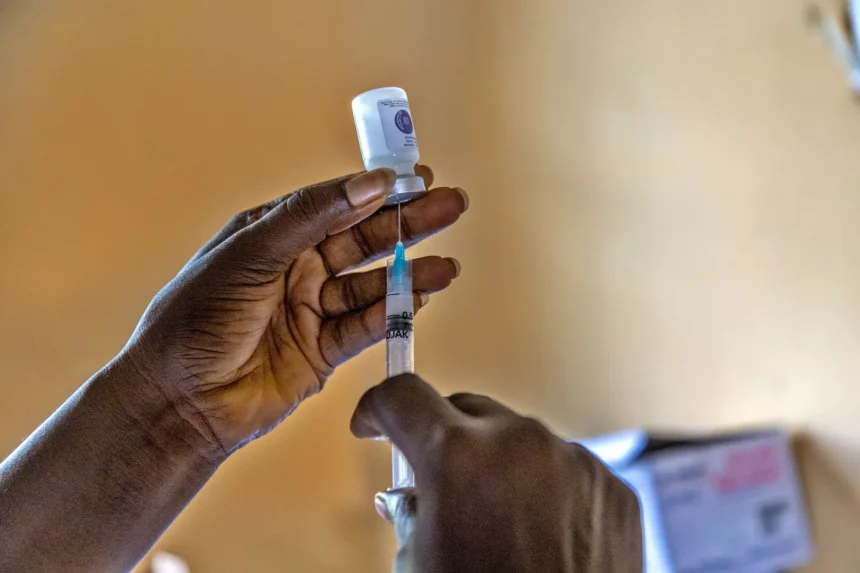The Nigeria Centre for Disease Control and Prevention (NCDC) has issued a stark reminder of the nation’s ongoing battle against diphtheria, reporting three new confirmed cases and a tragic death within the latest epidemiological week. This revelation underscores the persistent challenge of controlling the highly contagious bacterial infection, particularly amidst significant vaccination gaps.
“We are seeing persistent cases, and each death is a devastating loss,” stated a representative from the NCDC, according to the latest situation report. The newly identified cases, stemming from 16 suspected cases across four local government areas (LGAs) in two states, highlight the disease’s insidious spread. The reported fatality translates to a concerning case fatality rate (CFR) of 33.3%, a stark figure that demands immediate attention.
Since epidemiological week 19 of 2022, the sheer scale of the outbreak has been alarming, with 42,805 suspected cases reported across 351 LGAs in 36 states and the Federal Capital Territory (FCT). Of these, 25,977 cases have been confirmed, a testament to the disease’s pervasive nature. “Looking at the data, the concentration of cases in northern states is particularly concerning,” reflected a public health analyst, noting that Kano, Yobe, Katsina, Bauchi, and Borno states account for a staggering 96.3% of suspected cases.
The NCDC’s report also reveals a deeply troubling demographic trend: “Most confirmed cases, 63.8%, are among children aged one to 14 years,” a statistic that resonates with a profound emotional weight. As a parent, one can’t help but feel a pang of fear, knowing that our most vulnerable are disproportionately affected.
The root of this crisis, according to the NCDC, lies in persistent vaccination gaps. “We are deeply concerned about the inadequate vaccination coverage,” the report emphasized. This shortfall leaves a significant portion of the population, particularly children, susceptible to the severe consequences of diphtheria.
Diphtheria, caused by the bacterium Corynebacterium diphtheriae, primarily attacks the throat and upper airways, producing a toxin that can lead to life-threatening breathing difficulties, heart complications, and nerve damage. The disease’s high contagiousness, spread through respiratory droplets, direct contact, or contaminated surfaces, necessitates robust public health interventions.
Read Also: Nigeria’s Vaccine Ambitions Lag: Infrastructure Deficit Threatens Health Security
In response, the NCDC, in collaboration with the World Health Organisation (WHO) and UNICEF, has intensified efforts, including enhanced surveillance, widespread vaccination campaigns, and public awareness initiatives. These interventions are crucial, yet their effectiveness hinges on community engagement and trust in the healthcare system.
The NCDC urgently advises the public to ensure children receive the complete series of diphtheria vaccinations as part of routine immunisation schedules. Healthcare workers are also reminded to maintain a high index of suspicion and adhere to strict infection prevention and control measures.
The fight against diphtheria is not merely a statistical battle; it is a fight for the lives of our children. As we navigate this challenging period, it is imperative that we prioritize vaccination and collective action to safeguard the health of our communities.












